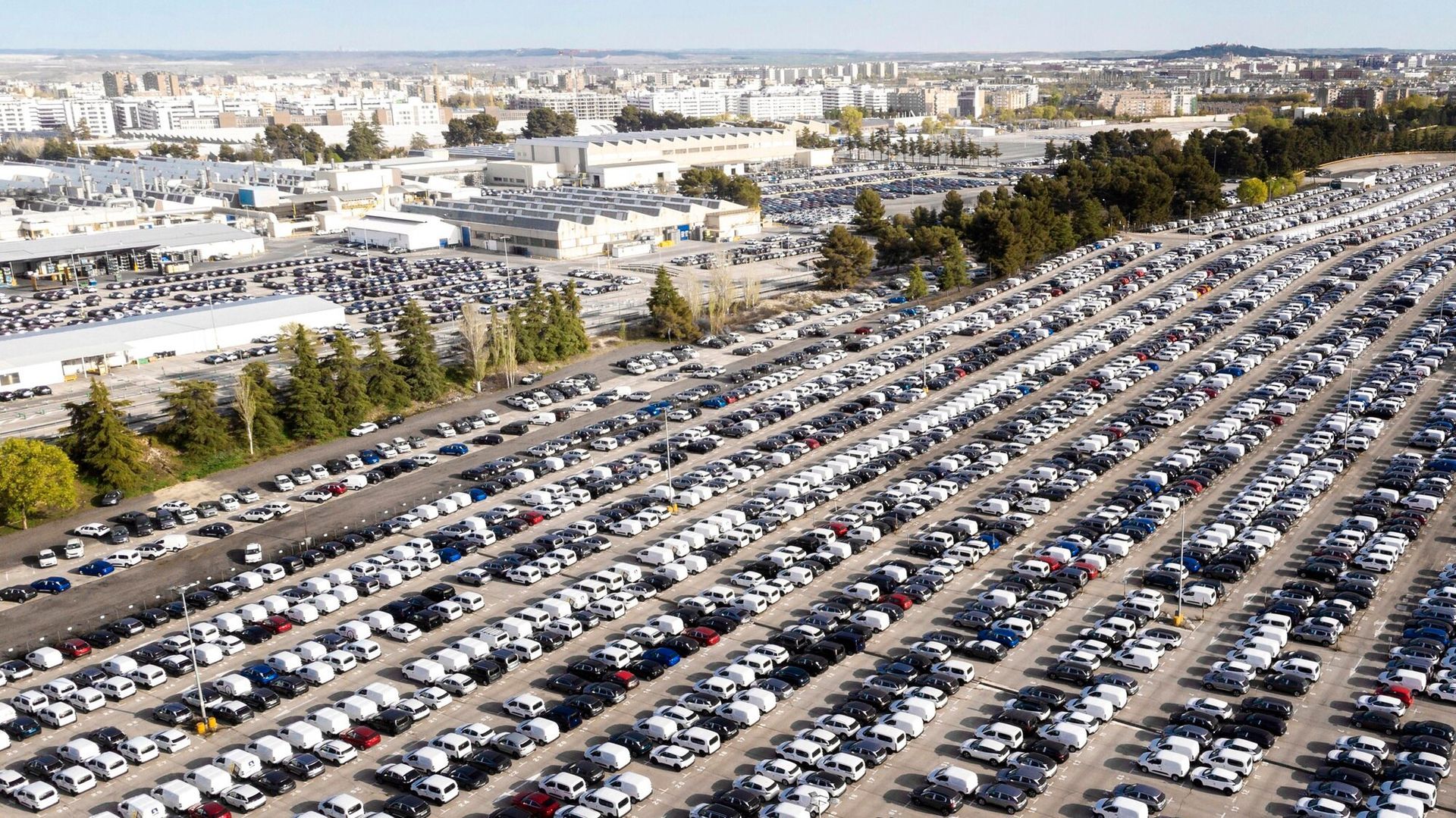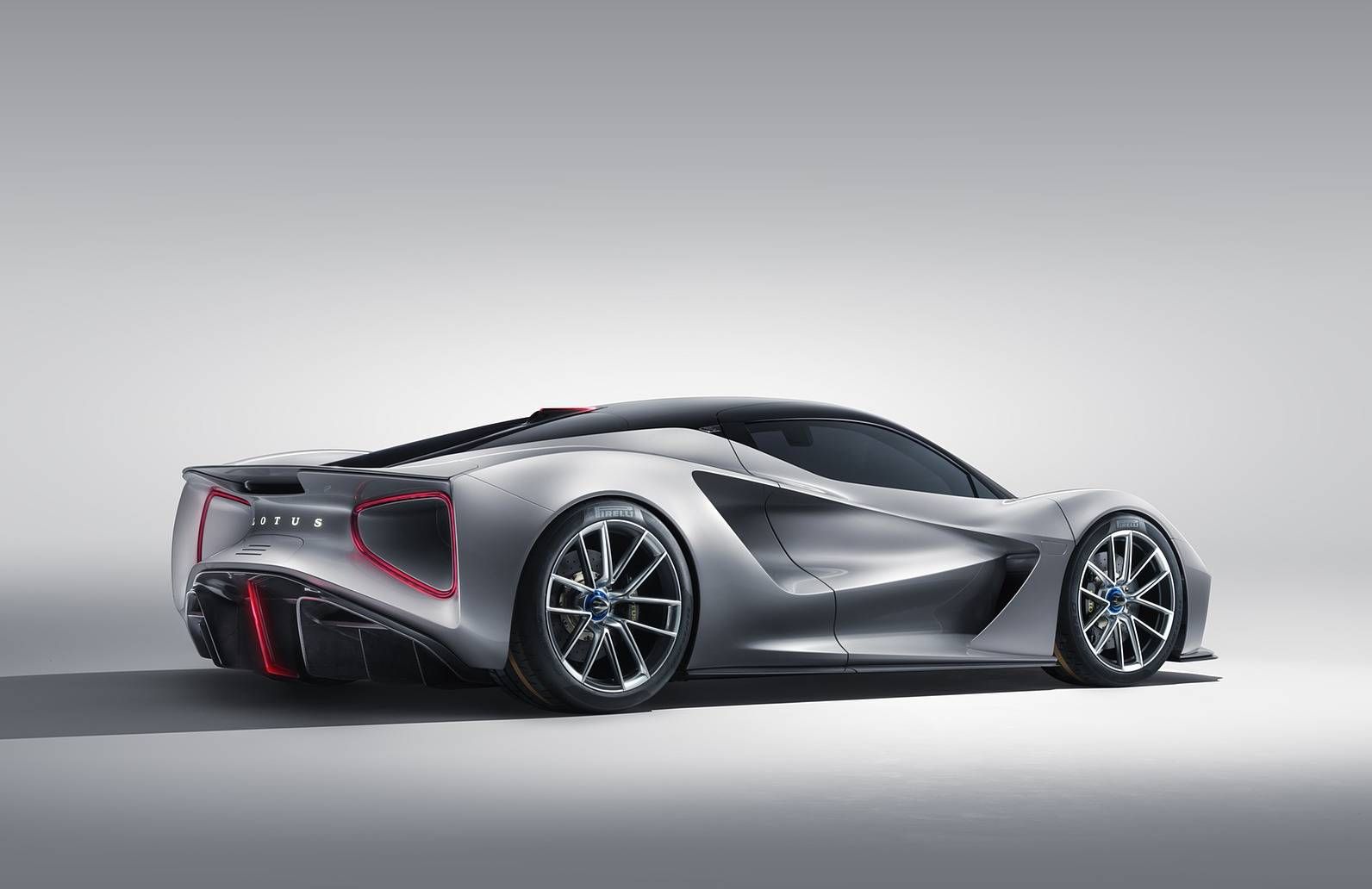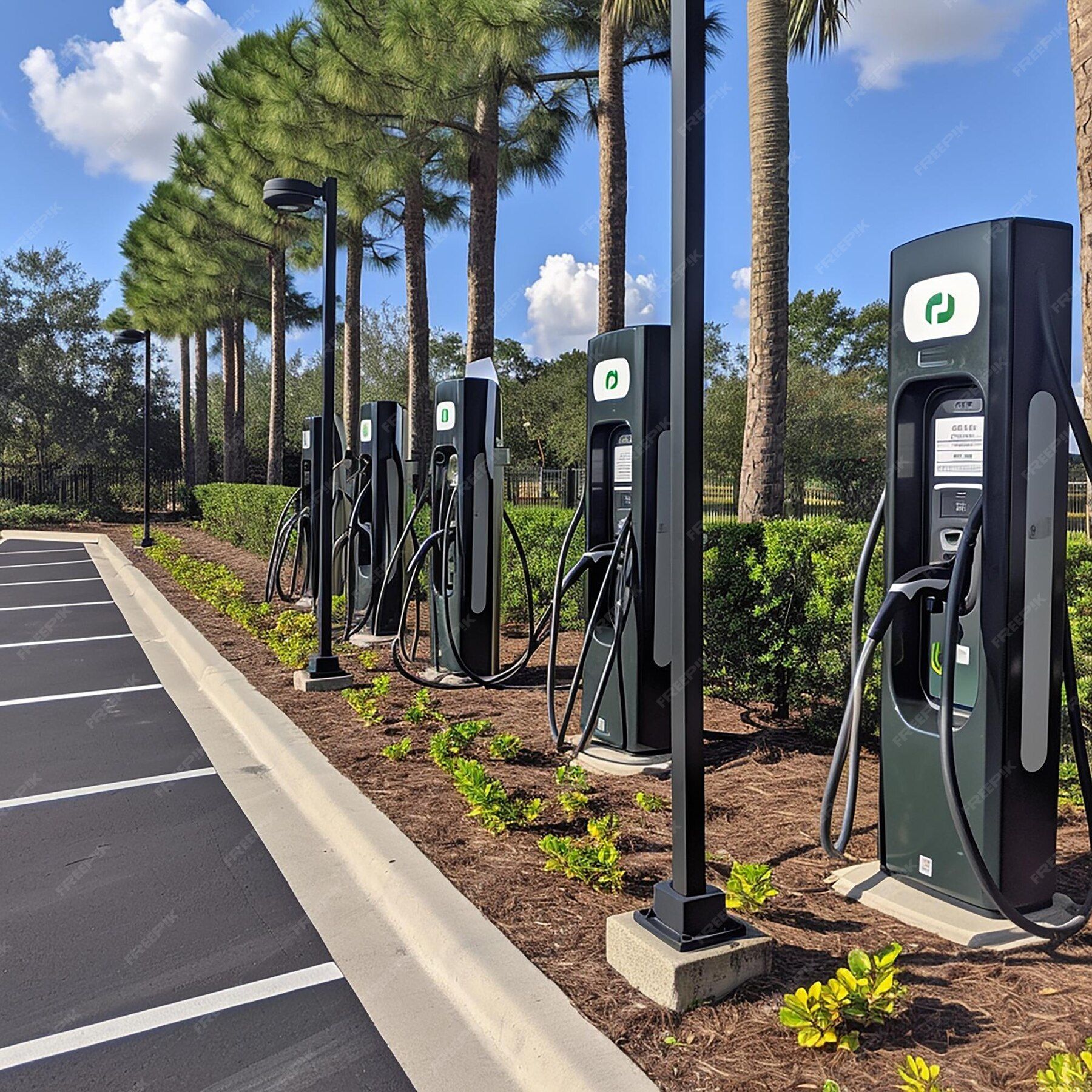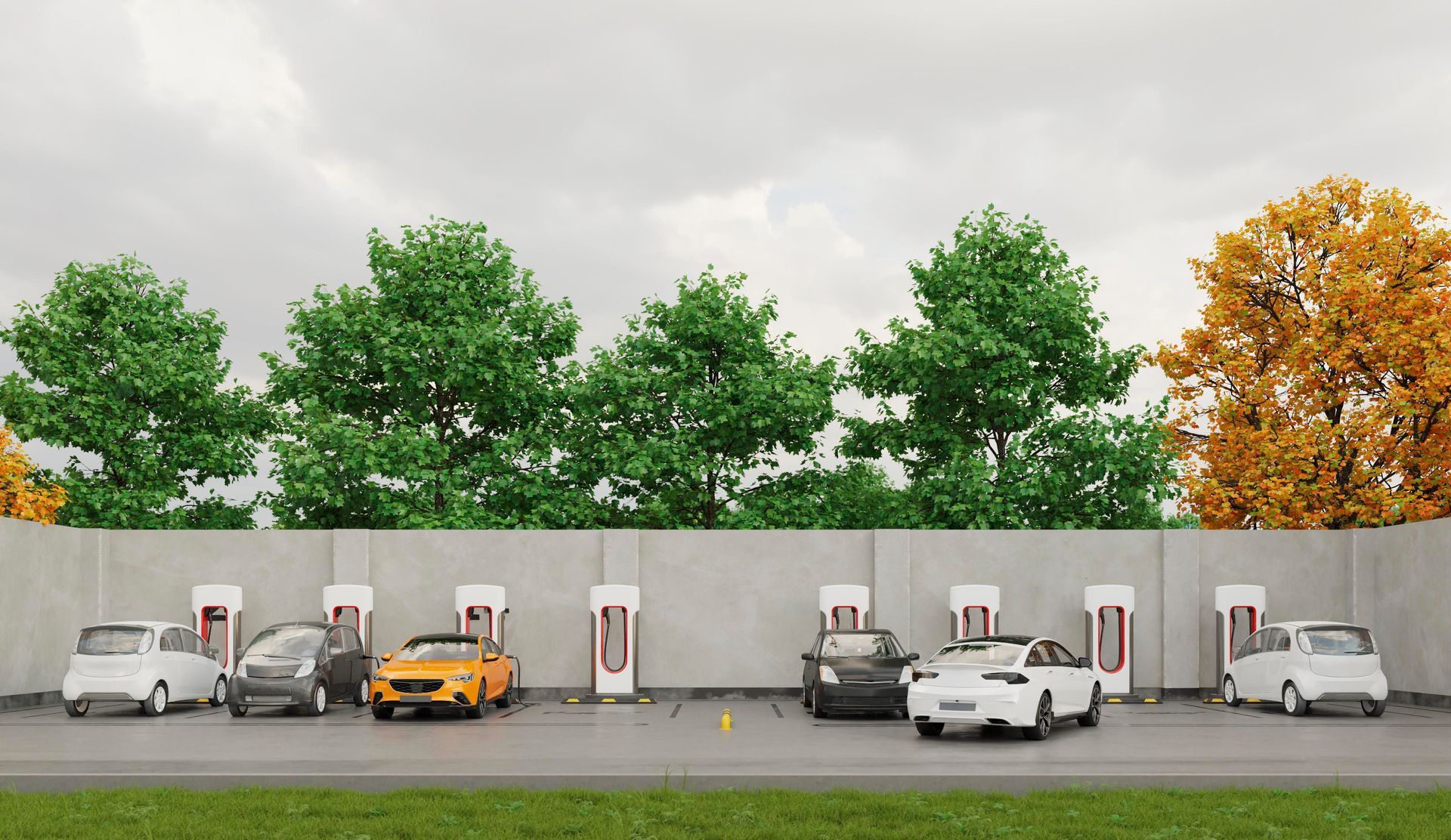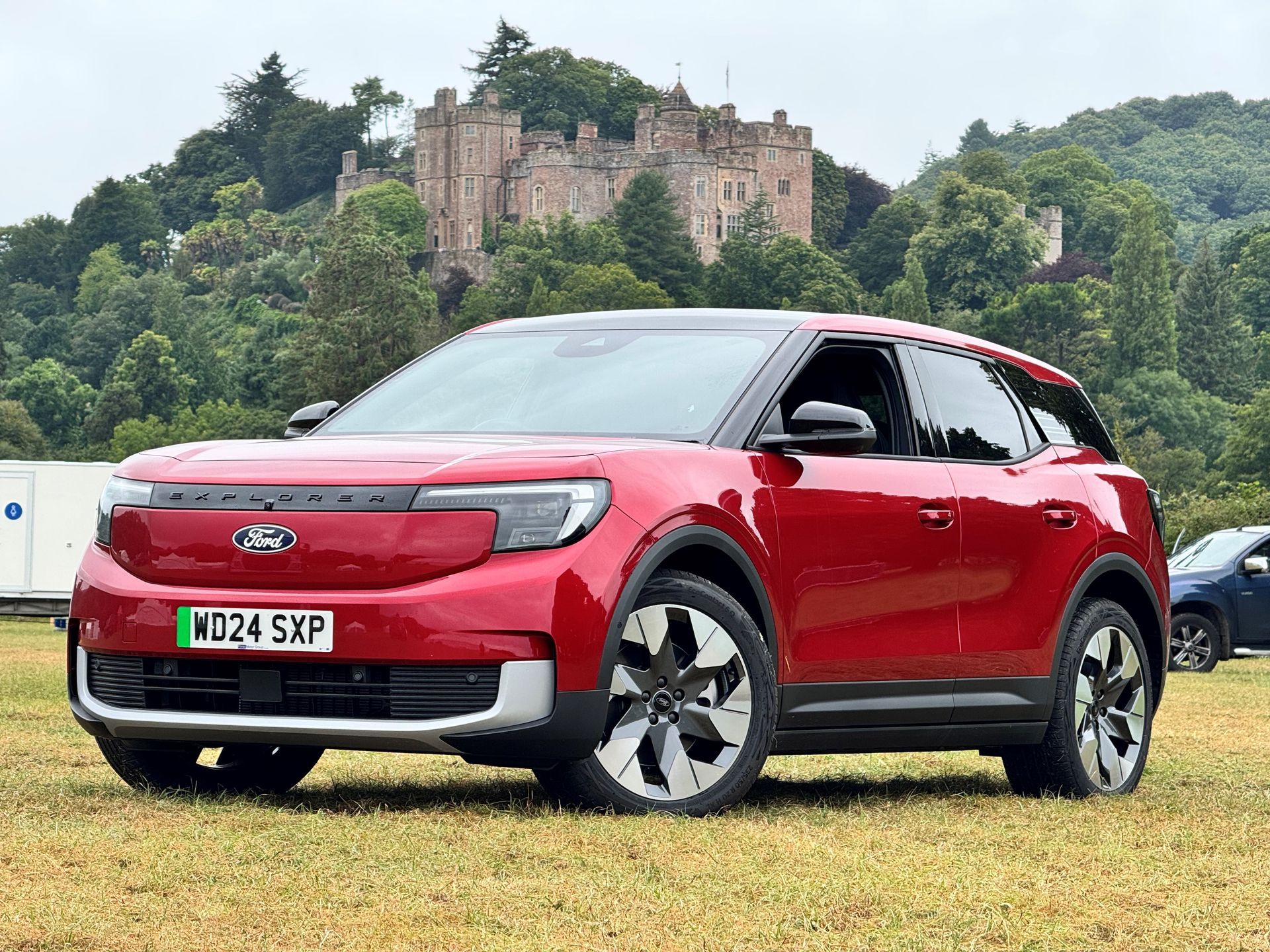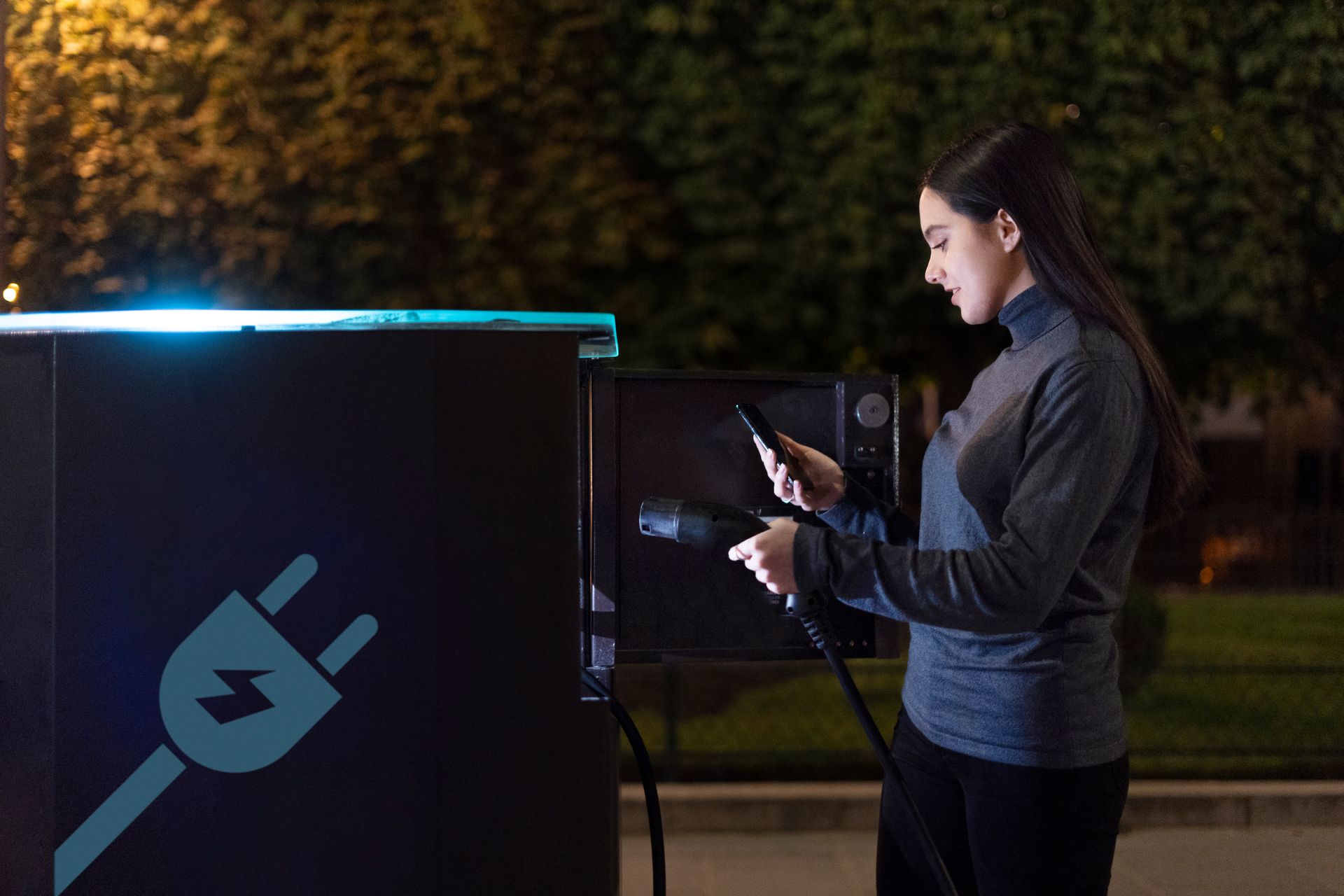Exploring The Implications Of Apple's Electric Car Production Halt
The future of the Apple Car is in SERIOUS doubt!
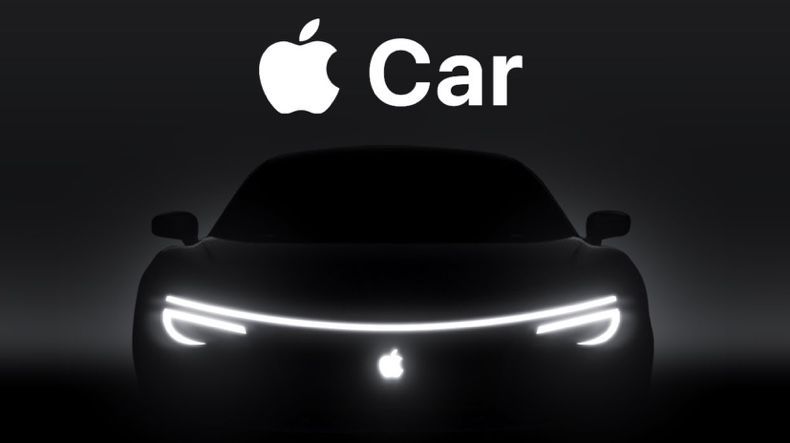
Introduction:
In the ever-evolving landscape of electric vehicles (EVs), the entry of tech giant Apple into the automotive industry has been highly anticipated. However, recent news of Apple's decision to halt production on their electric car project has sent shockwaves through the automotive and tech communities alike.
Join us as we delve into the reasons behind this decision and explore its implications for the future of electric mobility.
The Rise Of Apple's Electric Car Project:
Apple's foray into the electric car market was met with excitement and speculation, fuelled by rumours of ambitious plans to revolutionise the automotive industry. With a reputation for innovation and cutting-edge technology, many anticipated that Apple's electric car project would set new benchmarks for design, performance, and user experience. The prospect of an Apple-branded electric vehicle sent ripples of excitement through the industry, sparking speculation about potential partnerships, features, and market impact.
The Decision To Halt Production:
Despite initial enthusiasm, reports have emerged that Apple has decided to halt production on their electric car project, citing challenges and setbacks in development. While details surrounding the decision remain scarce, it is clear that Apple has encountered significant hurdles in their quest to bring an electric car to market. From supply chain issues to technological challenges, the road to producing a viable electric vehicle has proven to be more complex than anticipated.
Implications For The Electric Vehicle Market:
Apple's decision to halt production on their electric car project raises questions about the company's future in the automotive industry and the broader implications for the electric vehicle market. With Apple's considerable resources and expertise, many had hoped that their entry into the EV market would accelerate innovation and drive competition, ultimately benefiting consumers and advancing the transition to sustainable transportation. However, the setback highlights the formidable challenges facing newcomers in the automotive space and underscores the complexities of developing and manufacturing electric vehicles at scale.
Looking Ahead:
While Apple's decision to pause production on their electric car project may come as a disappointment to some, it is important to remember that innovation often involves setbacks and course corrections. As the electric vehicle market continues to evolve, we can expect to see continued progress and innovation from established automakers, startups, and tech companies alike. While Apple's plans for an electric car may be on hold for now, the spirit of innovation that drives the company remains as strong as ever. As we look to the future, we remain optimistic about the transformative potential of electric mobility and the role that technology will play in shaping the vehicles of tomorrow.
Conclusion:
In conclusion, Apple's decision to halt production on their electric car project serves as a reminder of the challenges and complexities inherent in developing electric vehicles. While the news may be disappointing for some, it underscores the importance of perseverance and adaptability in the pursuit of innovation. As the electric vehicle market continues to evolve, we can expect to see new players enter the fray, each bringing their own unique perspectives and approaches to the table. While Apple's electric car project may have hit a roadblock, the journey towards a more sustainable future for transportation is far from over.


